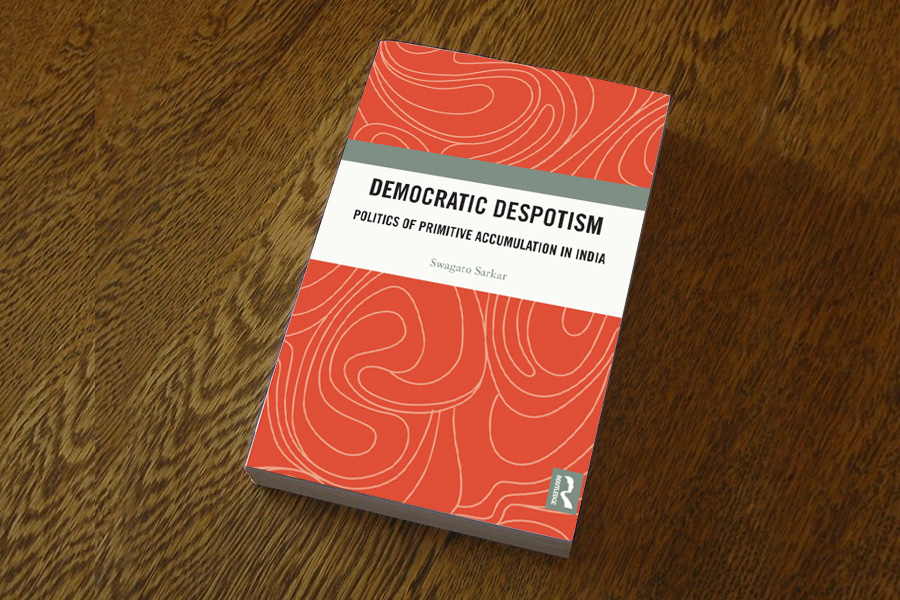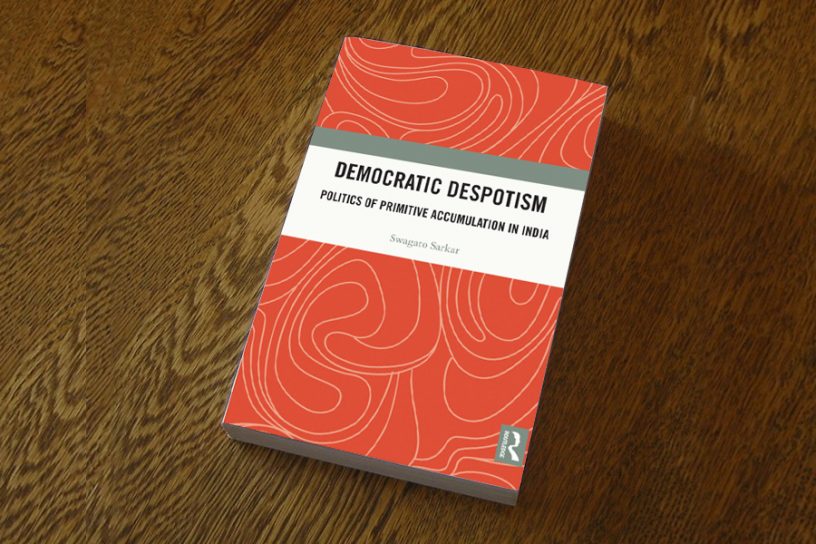
Drawing from an analysis of public policy debates, land acquisition acts, and political and developmental interventions, the book critically looks at the relationship between capitalism, dispossession, and democracy.
Author
Swagato Sarkar, Professor, Jindal School of Government and Public Policy, O.P. Jindal Global University, Sonipat, Haryana, India.
Summary
This book explores the history of forced land acquisition and transformation of power in the Fifth Schedule areas in India. It examines the contradictory imperatives of extractive capitalism and primitive accumulation, on the one hand, and autonomy and devolution of power to local communities, on the other.
The book traces the long history of conflict, displacement, and violence in these areas in central India which are home to the Adivasis or indigenous people and are rich in natural resources. Drawing from an analysis of public policy debates, land acquisition acts, and political and developmental interventions, the book critically looks at the relationship between capitalism, dispossession, and democracy.
The author investigates how the state constructed a weak democracy amenable for primitive accumulation, the role of NGOs in this process, the struggle for sovereignty and autonomy by local communities, and the attempts made by human rights activists to find judicial redressal to state violence. Through this engagement, the book offers a new theory of power.
This book will interest researchers and students of political science, political anthropology, governance and public policy, development studies, sociology, law and government, minority and indigenous studies, and Odisha and South Asian studies.
Published by: Routledge India
To know more about the book, please click here.


